
I have been a philosophy teacher for seventeen years now and time flies by so quickly. My perception of time is strange: sometimes I feel as if it was yesterday and other times, like a century ago.
Philosophy is a minefield. If one is clever and brave enough, philosophy will save them. If not, then stick where you are! Because philosophy is not for the faint at heart. Moreover, it is for the intuitive ones.
Philosophy is for the ones who dare ask questions, knowing in advance that answers are a long personal quest. Many images can be appropriate to describe this search: scuba diving, surfing, swimming, hiking or any other activity requiring discipline, a special mindset and curiosity. Not to forget, distance. It is not peculiar that first philosophers were called “peripateticians” (from Greek, peripatetikos, discussing while walking).
That being said, philosophy is not popular, although necessary and urgently needed in the chaotic world we are now. So in a classroom, there is love of philosophy and hate of it. That’s what I like about it, it is never lukewarm.
Which means, philosophy is not for everybody.











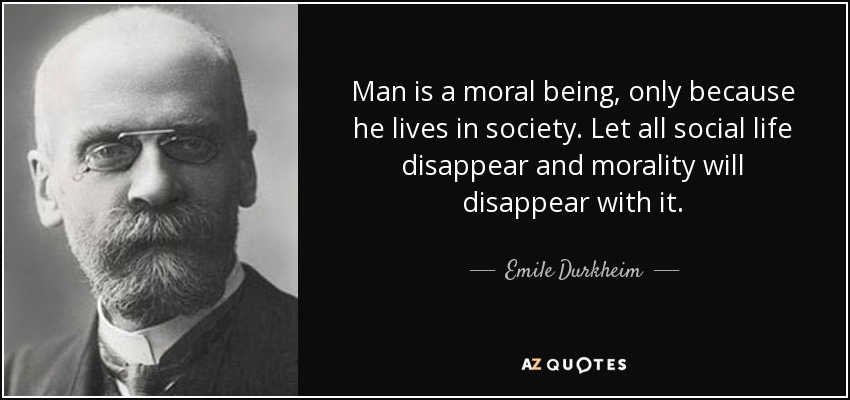


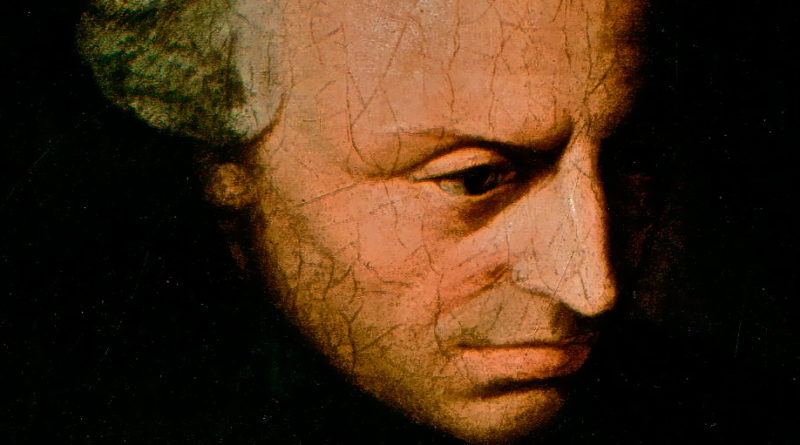

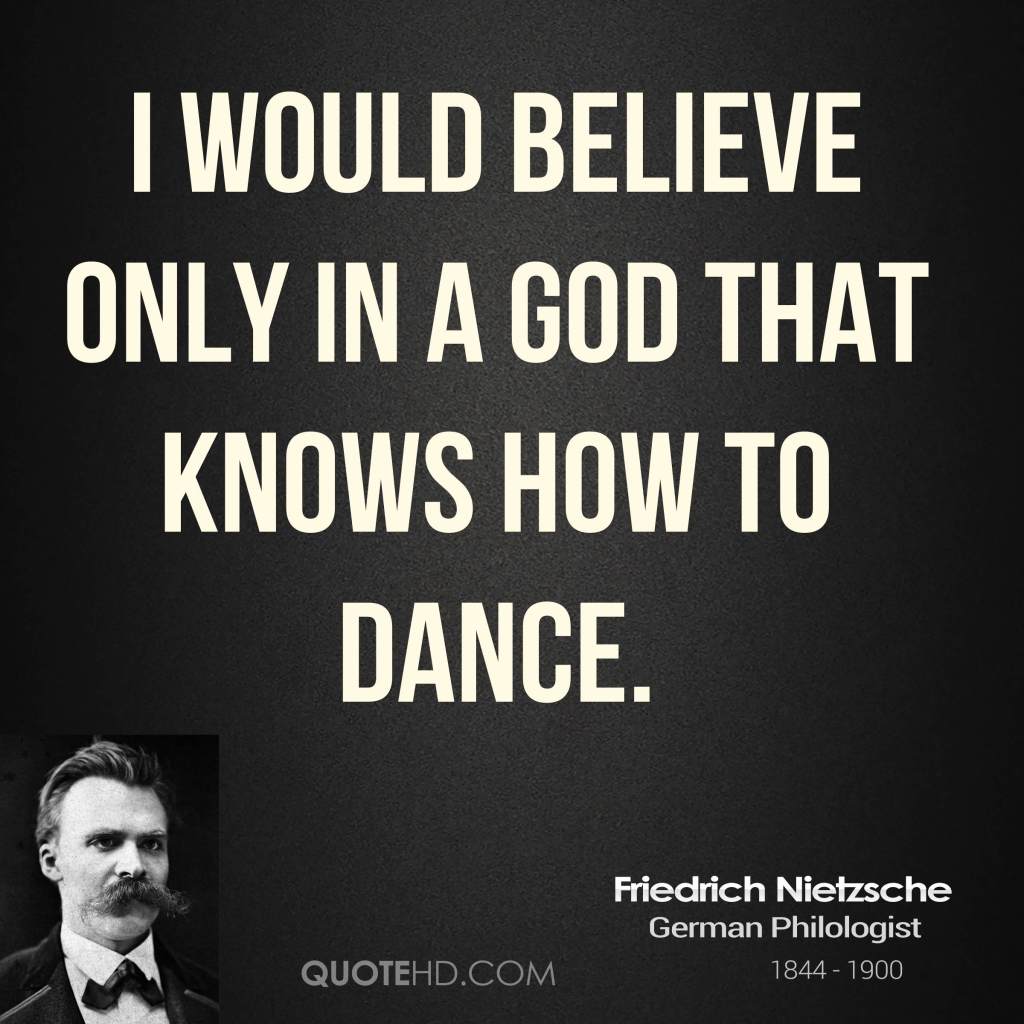


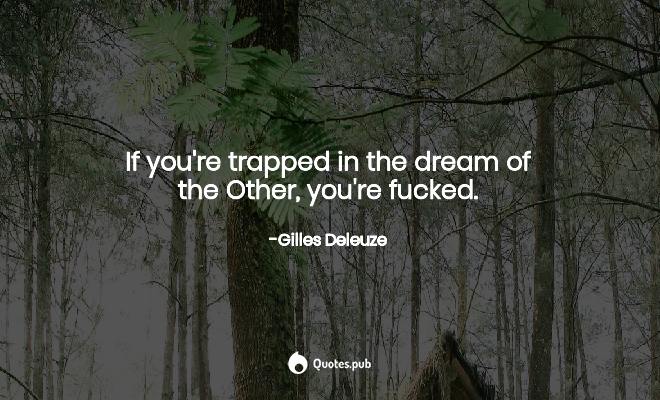

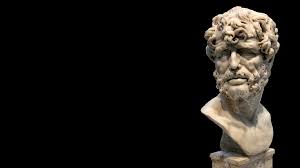









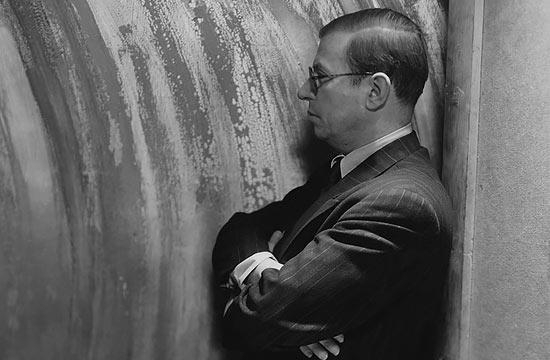

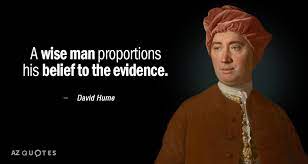


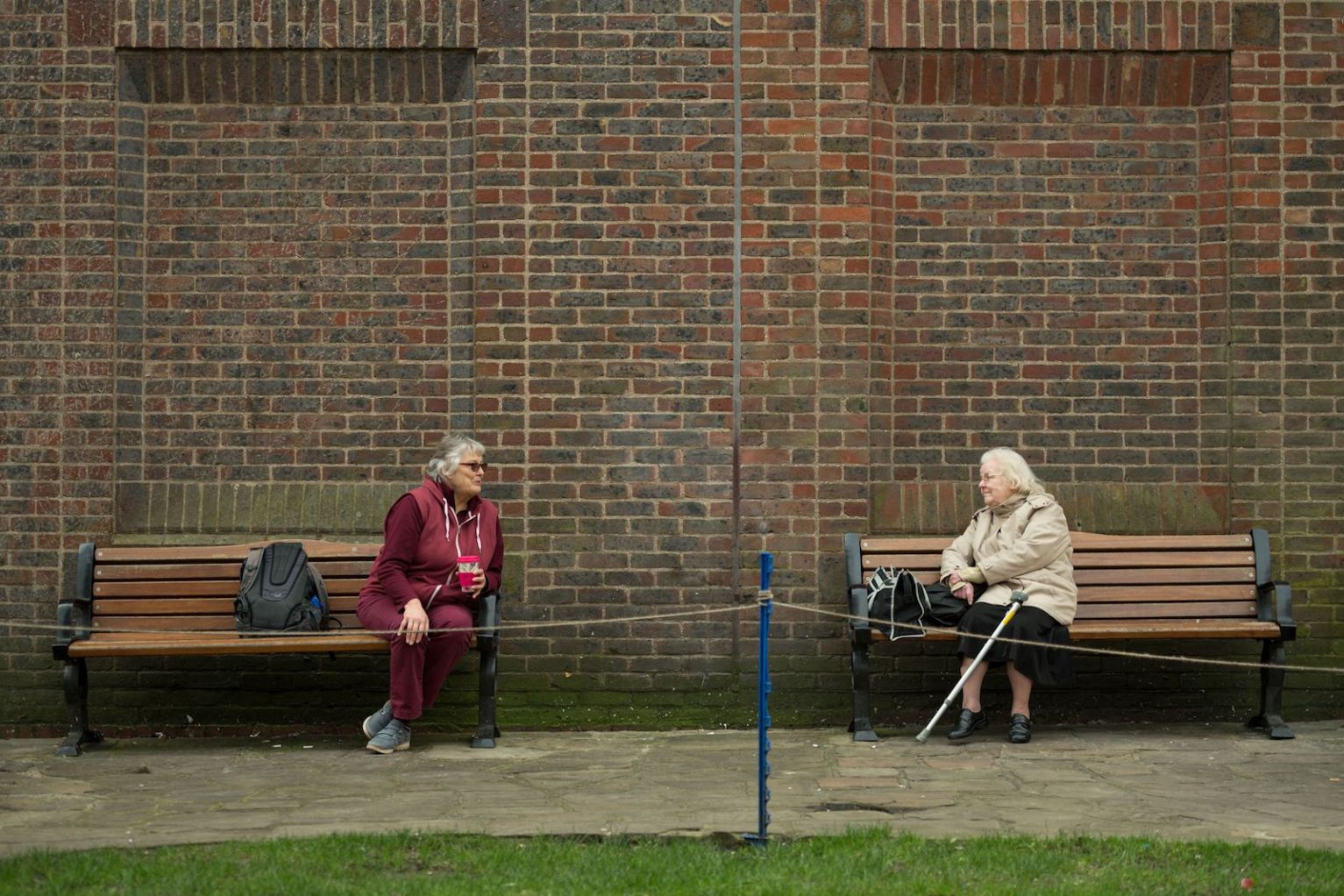

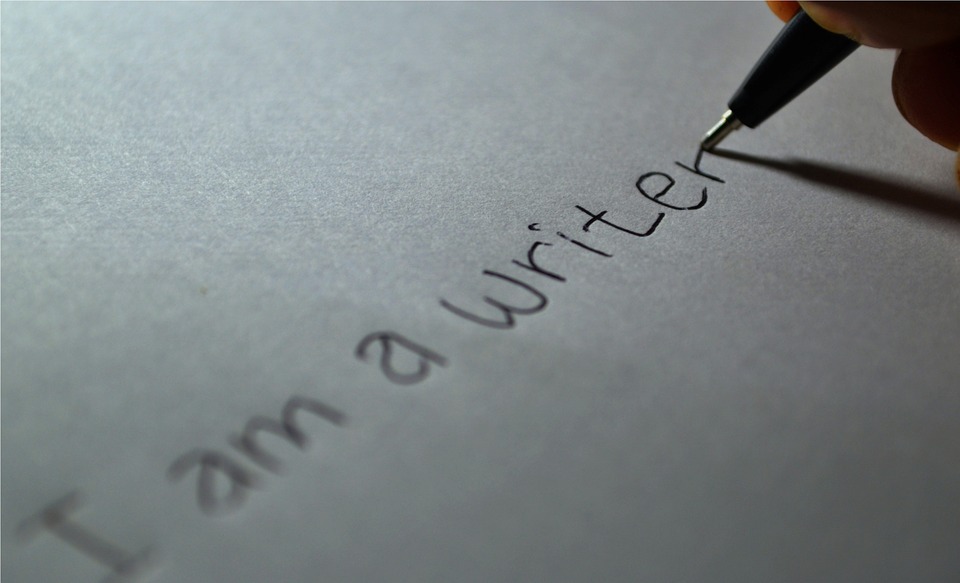
 I am sitting in front of the blank screen, thinking about writing. It has been like this for the last 2 days but, all of a sudden, my mind has become as blank as this screen. No words, no images, no thoughts… nothing but a quite peaceful emptiness! Only one questions kept on lingering: what to write? What to write?
I am sitting in front of the blank screen, thinking about writing. It has been like this for the last 2 days but, all of a sudden, my mind has become as blank as this screen. No words, no images, no thoughts… nothing but a quite peaceful emptiness! Only one questions kept on lingering: what to write? What to write?